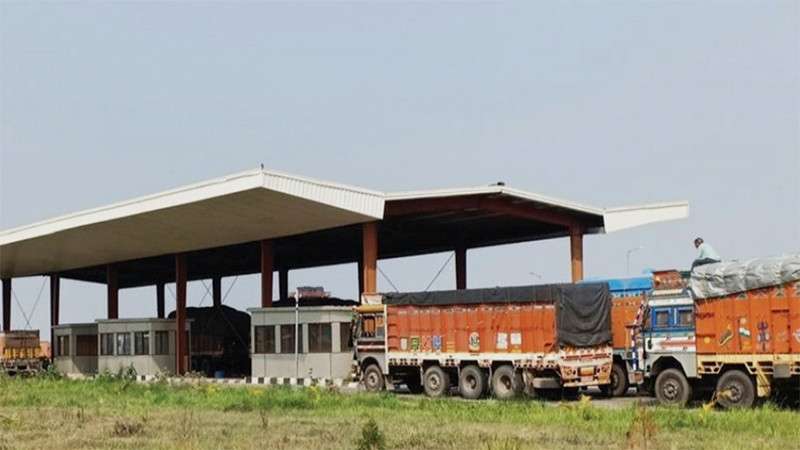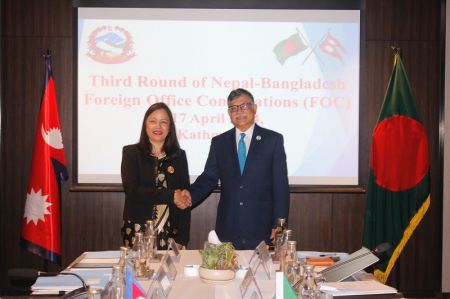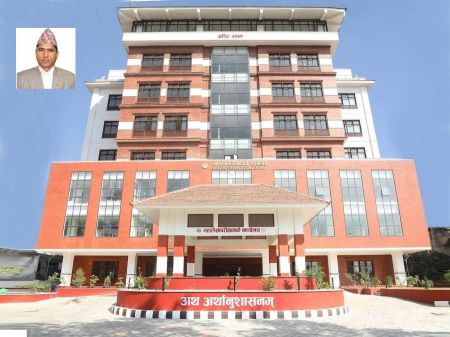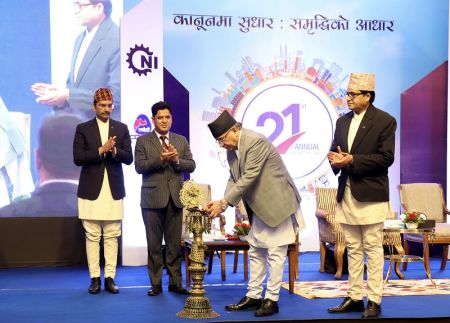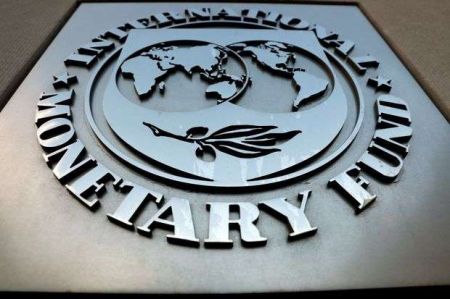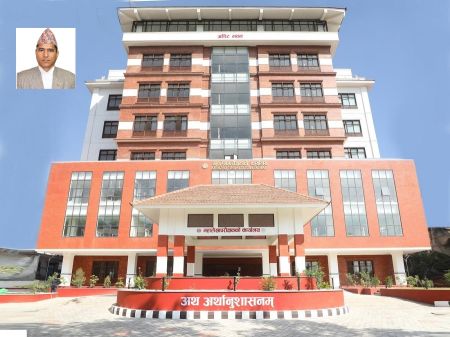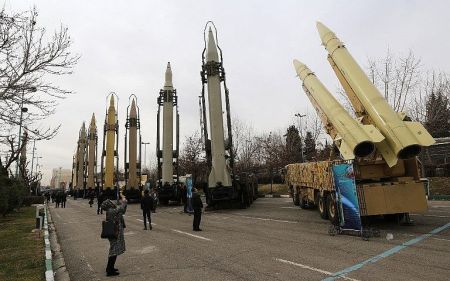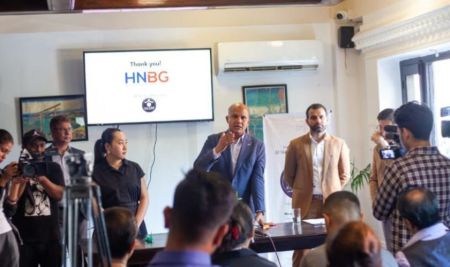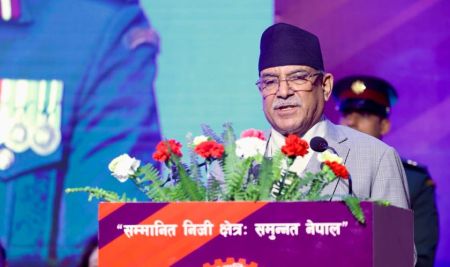November 9: The infrastructure of the Integrated Check Post (ICP), which was conceptualized for managing the import and export from Birgunj customs through a single point, has become inadequate to meet its objectives. The infrastructure of ICP has become insufficient as the import and export through Inarwa checkpoint of Birgunj have been diverted to the ICP.
The government had planned to merge the Birgunj Dry Port with the ICP by expanding the latter’s infrastructure. The plan to acquire 63 bighas of land between ICP and the dry port has been awaiting the decision of the Council of Ministers since five years.
The land acquisition process has not been able to progress as the government has not taken the final decision to acquire the land even after fixing the compensation amount.
Although some raw materials of cement and iron industries and petroleum products enter through the Inarwa customs, most of the imports and exports take through the ICP. However, the government's decision to merge the dry port with the ICP has not been implemented yet.
Ashok Temani, chairman of the Road Transport and Transit Committee of the Federation of Nepalese Chambers of Commerce and Industry (FNCCI), says that the existing infrastructures of the ICP have become insufficient within three years of its operation.
"We have been saying that the structure of the ICP is not practical. However, the government did not listen to the concerned parties at that time. Now, the ICP has become chaotic without being able to operate in full capacity,” said Temani.
The importer says that the ICP lacks essential infrastructure including parking lot, warehouse and shed.
“If for any reason the inspection of goods gets delayed, the importers are forced to pay for the detention of vehicles,” said Ashok Kumar Baidya, vice-president of Province 2 chapter of FNCCI.
Customs officials say that the infrastructure of the ICP has become inadequate after the import and export of goods from Inarwa were channelized to the ICP.
“The ICP’s infrastructure has become inadequate to deal with all the goods because it has been handling the works of two customs offices,” said a customs official requesting anonymity.
The ICP was built with Indian assistance and is spread across 116 bigha land toward the Nepali side and covers 100 bigha of land on the Indian soil. Although both sides of the ICP have similar infrastructure, the Nepali side seems to be congested, says Temani.
“Since India exports more goods, it doesn’t require as much parking lots and warehouse as we do,” said Temani.
He suggests that the government should immediately acquire the land in between the ICP and the dry port and develop facilities such as warehouses and parking lots.
“If the government is not capable to do so, it can hand over the responsibility to the private sector,” he added.
Other importers say that the import has been increasing every year and therefore urged the government not to neglect the issue.
Another importer Suresh Rungata says they have been forced to station their vehicles on the road due to lack of adequate infrastructure within the ICP. He complained that the ICP has been charging parking fare even for vehicles that are parked on the road.
The government has handed the responsibility of operating the ICP to Nepal Intermodal Transportation Development Committee.


